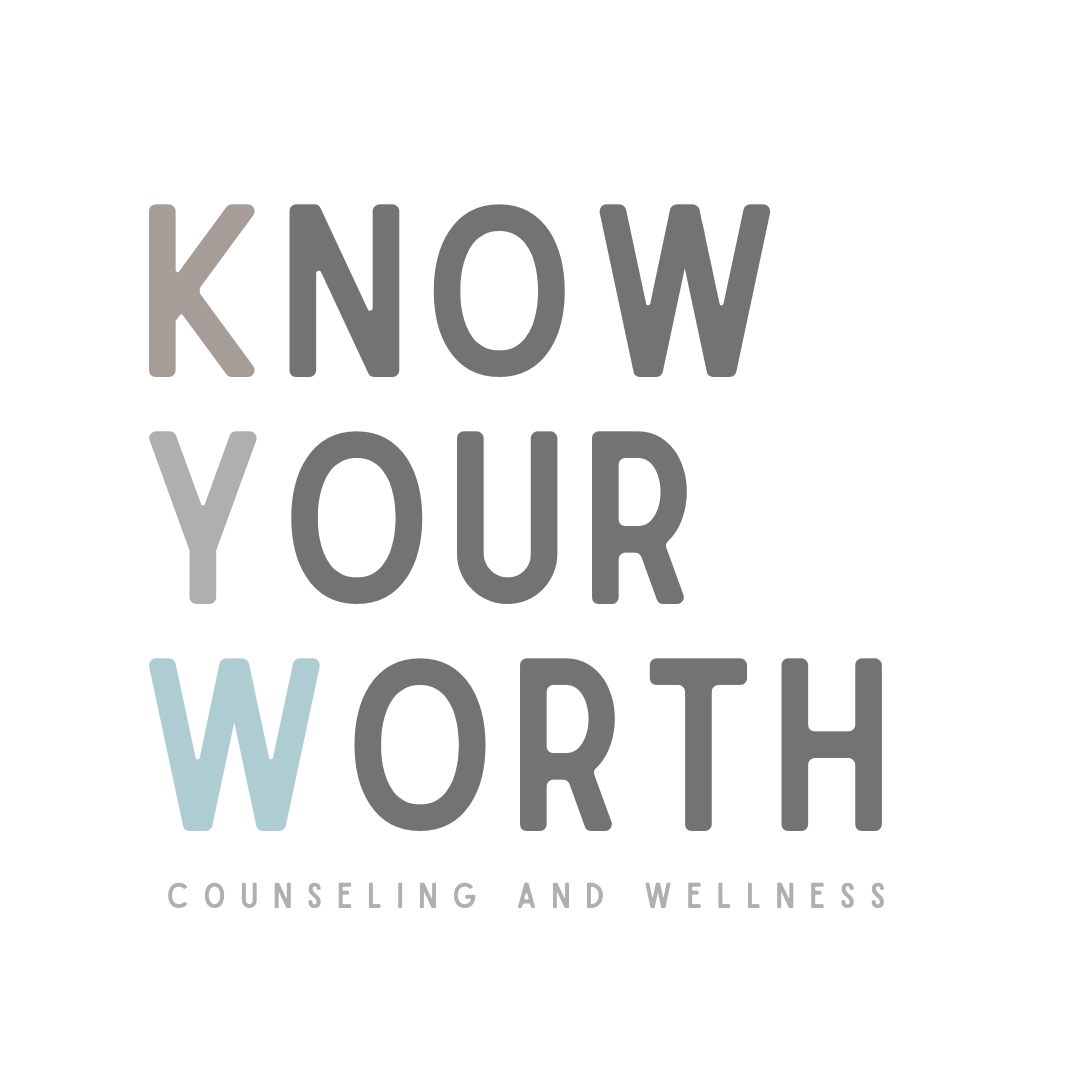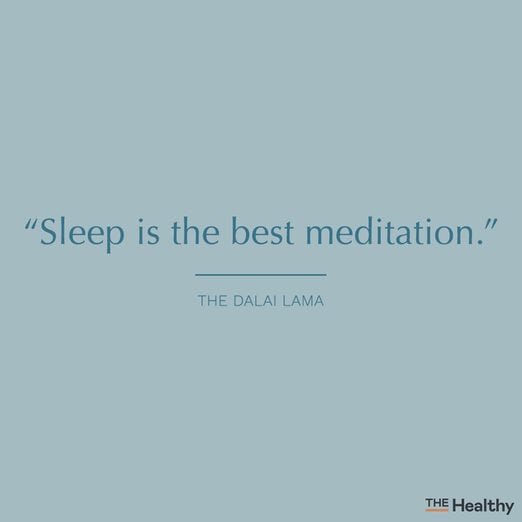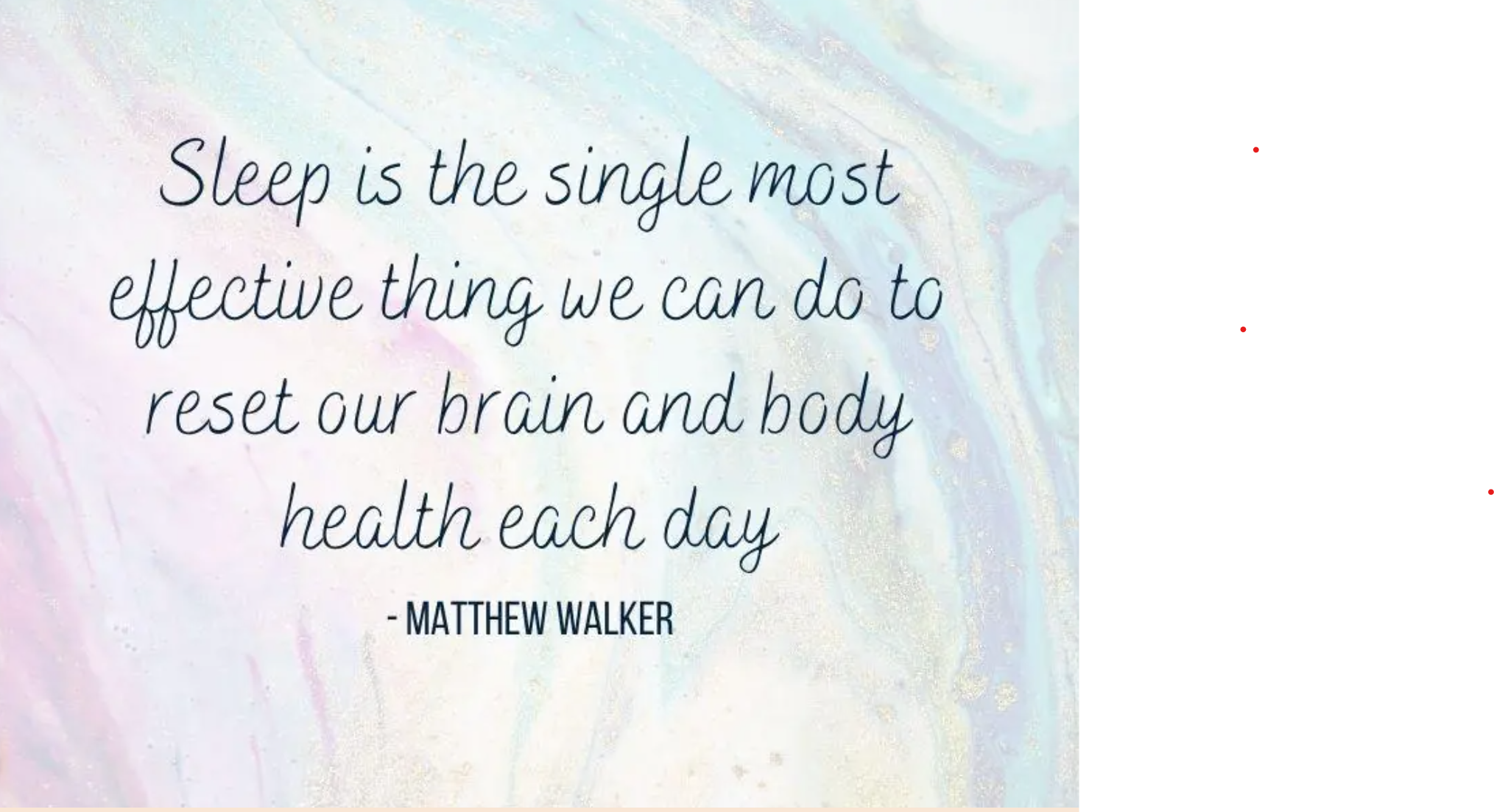Balancing Sleep for Your Mental Health
When the time change occurs over the next month, resetting sleep becomes a focal point. For some though, sleep was already laborious. Society creates a culture of hustle, with constant information overflowing everywhere, not allowing the body and mind to slow down. Some experience FOMO (Fear Of Missing Out) when they are not constantly involved and moving too. High productivity is demanded in careers/jobs, and family schedules insert numerous activities and events for children and adults.
Often when people prepare for sleep, brains are still logged on and tuned into areas which keep them awake, long after intended hours. As the day ends, individuals seek ways to unplug but find themselves scrolling on social media or binge watching a favorite show. With so many fast highways in people’s lives and minds, how does anyone slow down to allow the body to rest and sleep?
Although sleep experts recommend between 7 to 9 hours of sleep for adults, many report well below the average range. Chronic sleep issues may lead to mental health issues such as anxiety and depression. Poor focus, memory loss, inability to manage stress, and risky behaviors, are just a few of the areas correlated to sleep deprivation. Health risks like dementia, cardiovascular disease, diabetes, and obesity are areas of concern too.
Balancing life and embracing rest sounds contradictory and impossible. However, experts recommend simple changes to improve sleep. Below are ideas to help sleep hygiene:
Blue Light-Look for ways to limit the blue light on your devices! Find the night shift mode or purchase blue light glasses. Blue light suppresses the production of melatonin more than any other type of light. Melatonin is essential!
Daytime Naps-Although chronic sleep deprivation is impossible to catch up on, taking advantage of a short nap helps reset the body and mind. If you choose to nap, sleep experts suggest napping before 3 pm and keeping the nap to more than about 20-30 minutes.
Meditation/NSDR/Sleep Stories-In order to incorporate more mindfulness/rest practices, experts recommend meditation, NSDR (Non-sleep deep rest), and/or sleep stories. Meditation and sleep stories are available on many apps. like Abide, Breethe, Calm, and Youtube too. For NSDR, check-out Non-Sleep Deep Rest.
Minimize Caffeine Intake-Experts recommend avoiding caffeine intake as much as 10-14 hours before bedtime. For some, the effects of caffeine dramatically impact their sleep.
Power of Sunlight-Step out for some fresh sunlight in the morning (about 15-30 minutes after daybreak). Repeat in the afternoon as well, prior to sunset. Sunlight affects melatonin circadian rhythms.
Regular Sleep Schedule-Wake-up and go to sleep around the same time every day. Avoid staying up past your usual bedtime, in order to prevent bouts of waking up in the middle of the night and being unable to return to sleep.
Sleep Diary-Notice, review, and write down patterns, in order to track and determine any new changes in sleep patterns.
Finally, always lean into support! Psychiatrists specializing in sleep may provide a more comprehensive evaluation of how to help. Also, CBT-I (Cognitive Behavior Therapy Insomnia) is the recommended therapy approach for some, which addresses deeper issues related to thoughts and behaviors causing sleep problems. To reach out for more resources or support, connect with one of our therapists at Know Your Worth Counseling and Wellness. We are here for you!
Sleep Journal Prompts
What is my average amount of sleep per night?
What changes are necessary to my routine, in order to improve my sleep?
What behaviors and thoughts prevent me from achieving rest/sleep?
How does my sleep hygiene affect my day and night?
Sleep Resources
Peek Sleep Performance for Athletes: The Cutting-edge Sleep Science That Will Guarantee a Competitive Advantage, Shane Creado
Why We Sleep: Unlocking the Power of Sleep and Dreams, Matthew Walker
Hello, Sleep: The Science and Art of Overcoming Insomnia, Jade Wu





